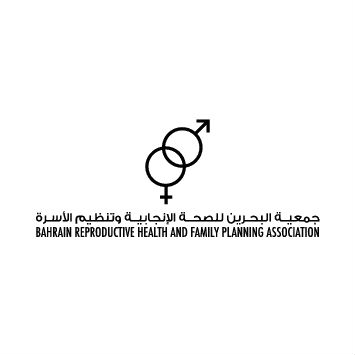

| 31 March 2016
Associação Moçambicana para Desenvolvimento da Família
The Associação Moçambicana para Desenvolvimento da Família (AMODEFA) was formed in 1989. Like most IPPF Member Associations, the organization’s initial focus was family planning, but over the years it has diversified to cover a wider range of sexual and reproductive health (SHR) requirements including emergency obstetrics care, antenatal and post-natal care, and services dedicated to the prevention, treatment and management of HIV and AIDS. As high HIV prevalence rates show, there is a desperate need for sustained efforts on this front. AMODEFA has responded to the HIV and AIDS challenges with a community clinic-based approach, linked with home-based care. With private sector sites, mobile and community-based service points the Member Association raises awareness of and tackles HIV and AIDS stigma and discrimination, and provides referrals. The AMODEFA staff, who are backed by hundreds of volunteers, a youth action movement, peer educators and community-based distributors (CBDs). In its advocacy role, AMODEFA has been providing advice and pressuring the Ministry of Health Youth and Sport, the Ministry of Education, and the Ministry of Women and Social Action to adopt supportive national legislation and practice, particularly with regard to adolescents and youth. The Member Association works with non-governmental organizations, such as the National HIV and AIDS Council, and with private sector operations such as Enterprises Against HIV and AIDS. AMODEFA’s donors include UNFPA, WHO and the Africa Sweden Group, and the organization is a member of networks including the Network for Organizations Working on HIV and AIDS (MONASO), the National HIV and AIDS Council, and the International Baby Food Action Network (IPFAN).

| 31 March 2016
Bahrain Reproductive Health Association
The Bahrain Family Planning Association (BRHA) was founded in 1975, the organization has played a critical role in promoting reproductive health. Bahrain and in achieving government support to adopt necessary policies on reproductive health (RH) including the incorporation of (RH) into the school curriculum. BRHA receives support from the ministries of health, social development, labour, and education, and it partners closely with the upper and lower government house (the parliament and the Shoura Council). BRHA operates a highly successful telephone hotline service which provides counseling and advise on reproductive health to callers from both Bahrain and neighboring countries. The very particular needs and the constraints in Bahrain mean the BRHA is highly focused on advocacy and is limited in its capacity to deliver direct education (RH) services. However, it does run strong information, education and communication (IEC) programs (targeted towards young people and women) and extensive education and literacy initiatives which are particularly designed to reach out to all community groups.







